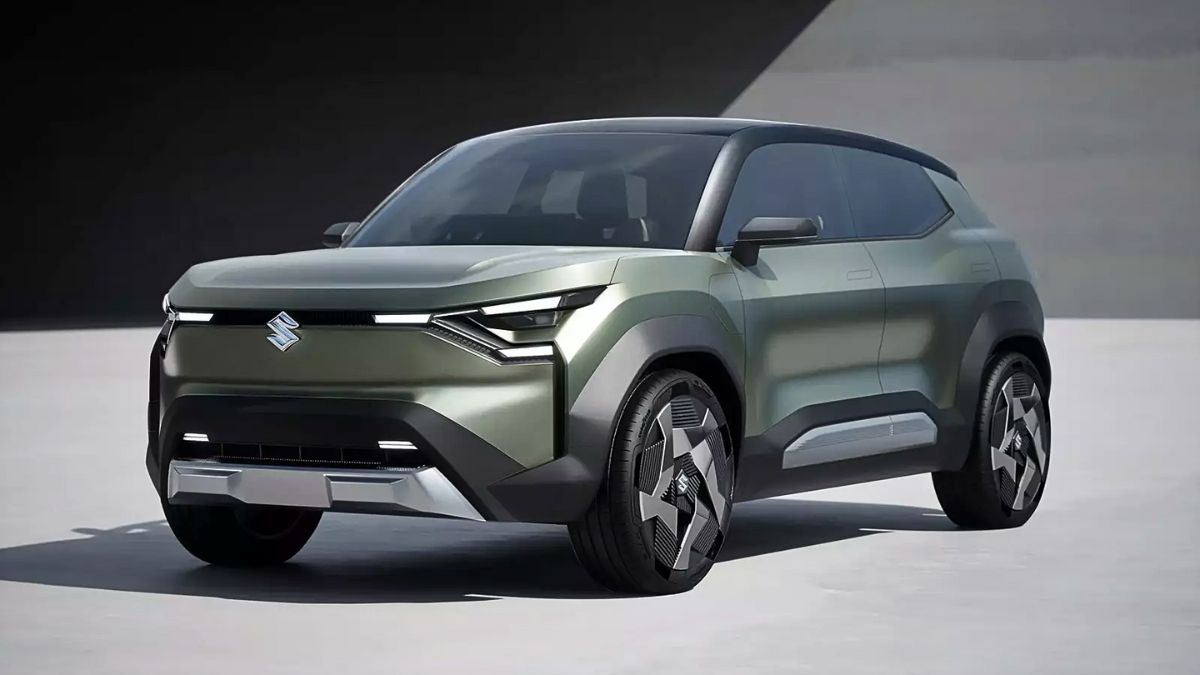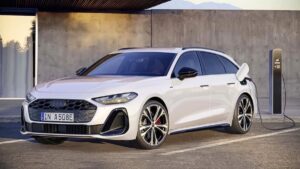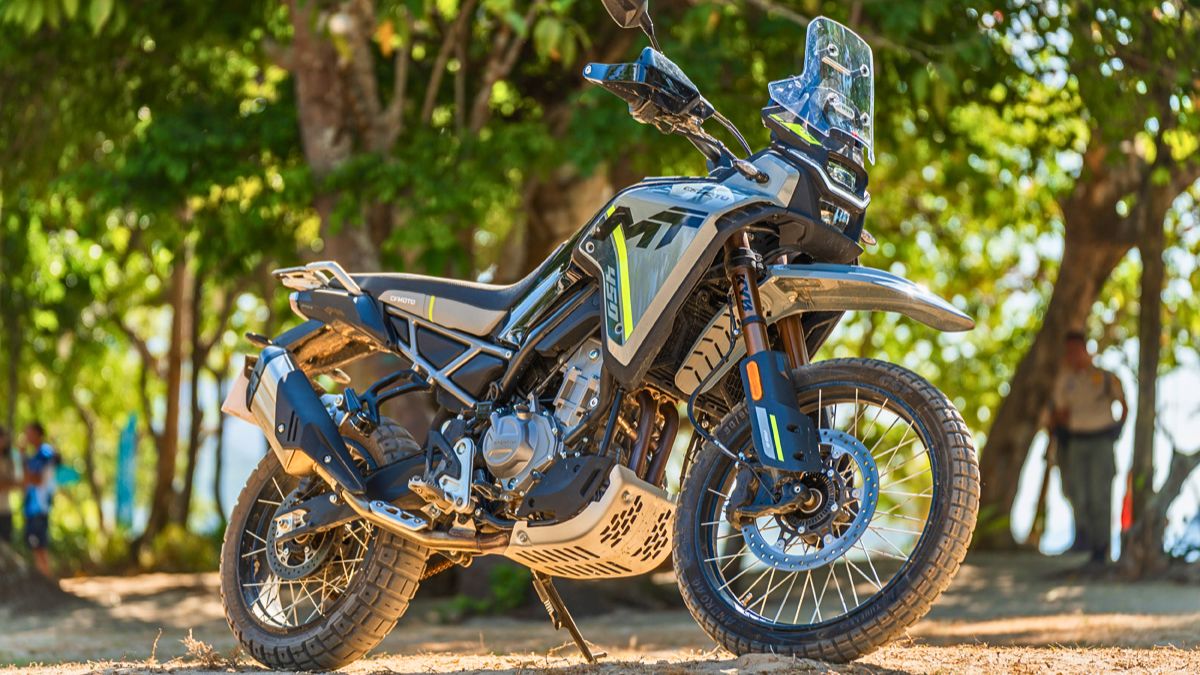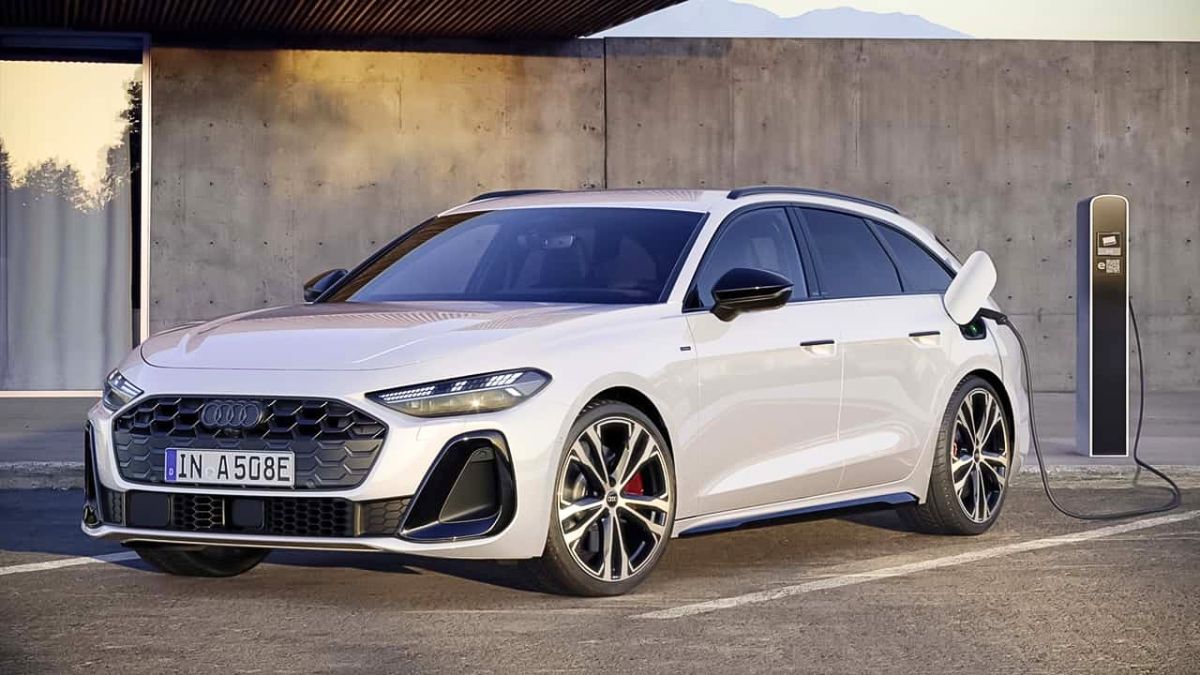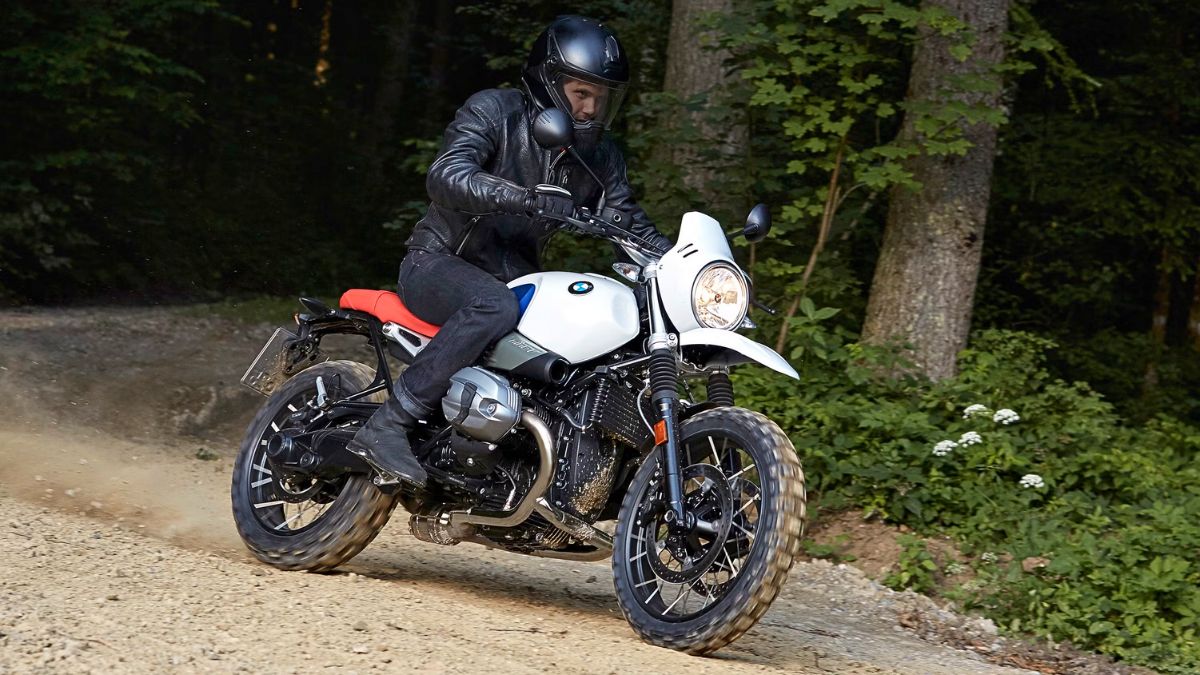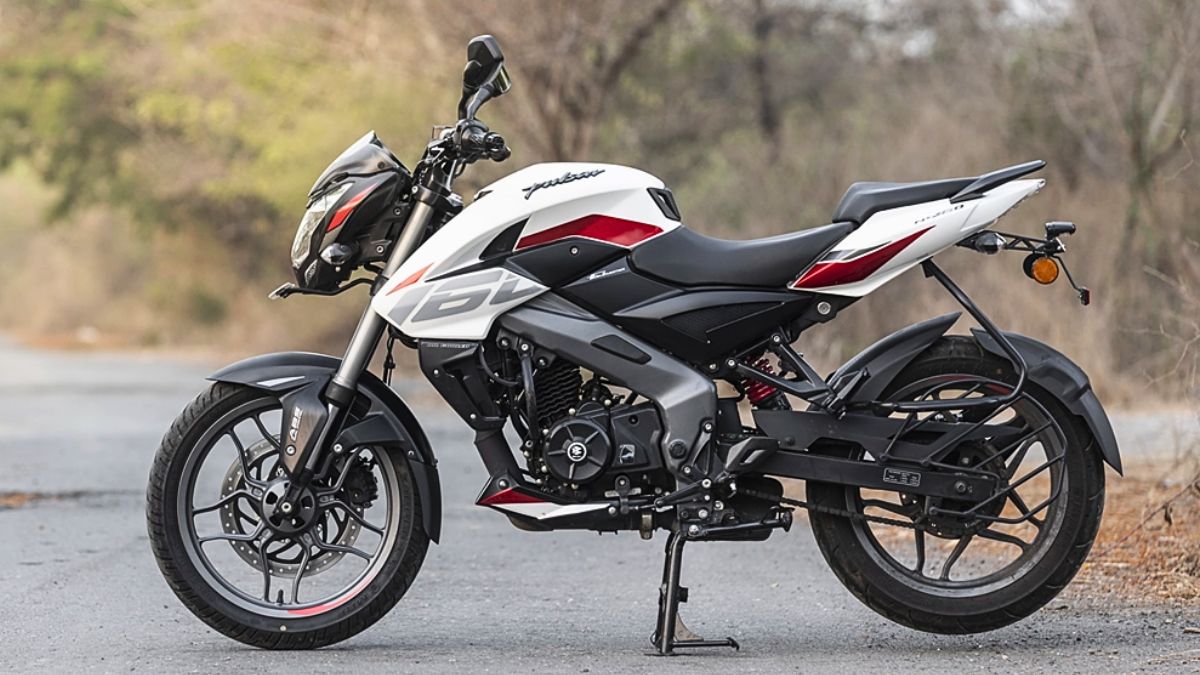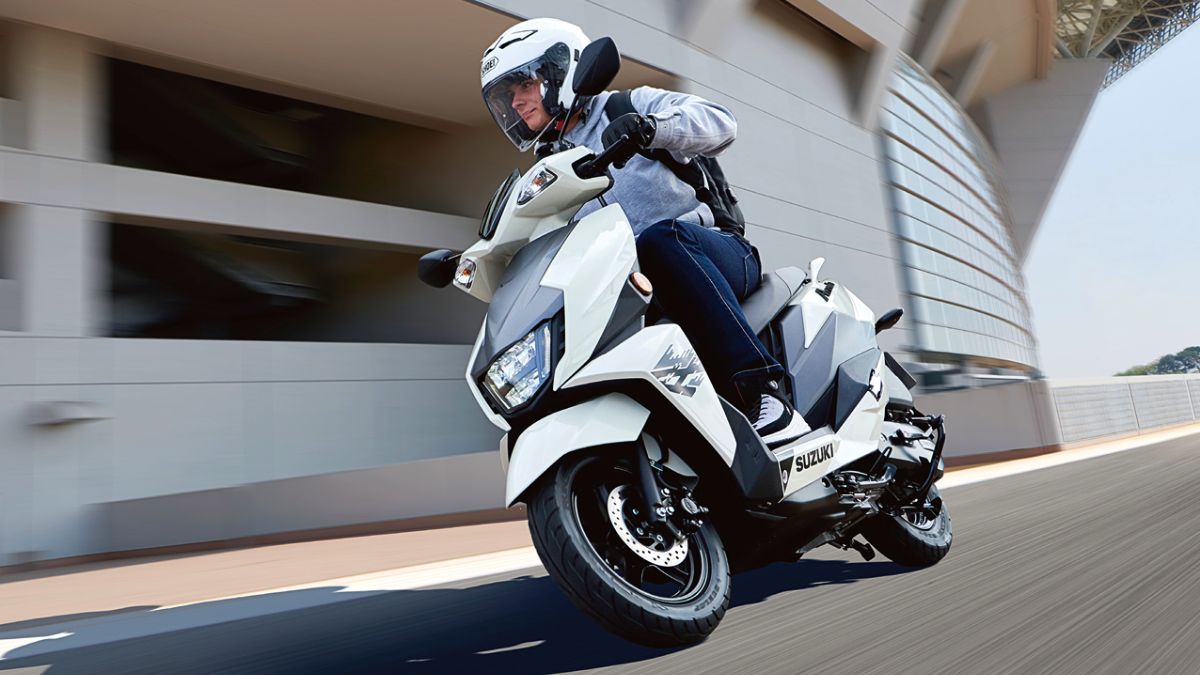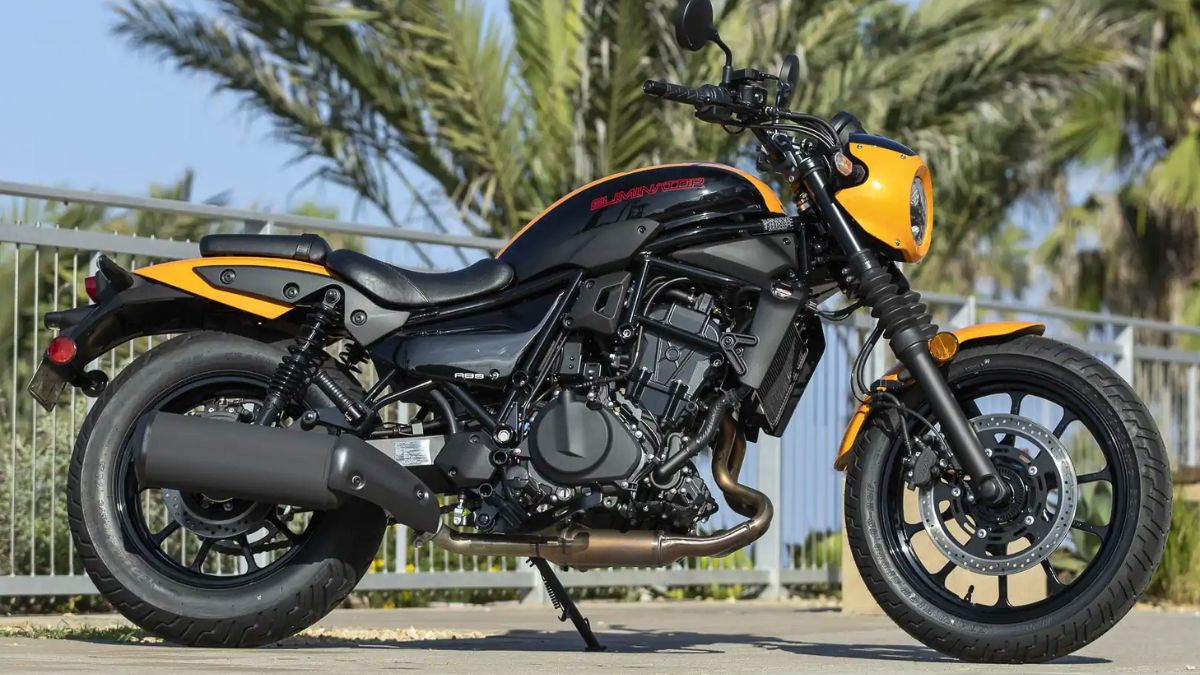Maruti Suzuki is gearing up to launch its first all-electric SUV, the e Vitara, in the coming months. The car was showcased in production-ready form at the Bharat Mobility Expo 2025, and now, ahead of its official debut, it has undergone a crash test. While this test appears to be an internal trial rather than an official BNCAP or GNCAP test, it provides insights into the SUV’s safety capabilities.
Table of Contents
Safety
The e Vitara is expected to set a new benchmark for safety in Maruti’s lineup. Given that it will be sold in both India and global markets like Europe, a strong safety rating is anticipated. The SUV comes equipped with seven airbags, a tire pressure monitoring system (TPMS), ABS with EBD, and an electronic parking brake (EPB). These features ensure a well-rounded safety package for passengers.
Additionally, the car includes front and rear parking sensors, a 360-degree camera, and an acoustic vehicle alert system (AVAS) to enhance pedestrian safety. One of the biggest highlights is the introduction of Level 2 ADAS, making the e Vitara the first Maruti car in India to offer advanced driver assistance systems. This means features like adaptive cruise control, lane-keeping assist, and autonomous emergency braking will be available.
Design
The e Vitara retains the familiar SUV stance of its ICE-powered counterpart but with a modern EV twist. The front grille is blanked out, a signature design choice for electric vehicles, while sleek LED headlamps and a sharp bumper design give it a futuristic look. The side profile features aerodynamic alloy wheels and flush-fitting door handles, adding to its premium appeal.
At the rear, a connected LED taillight setup and a sculpted tailgate complete the design. Maruti is expected to offer multiple dual-tone color options, catering to different customer preferences.
Interior and Features
Inside, the e Vitara is expected to offer a feature-rich cabin with a minimalist design. A large touchscreen infotainment system with wireless Android Auto and Apple CarPlay will take center stage, alongside a digital instrument cluster.
Comfort features such as ventilated seats, a panoramic sunroof, and ambient lighting are likely to be included. The SUV will also come with connected car technology, allowing users to control certain functions remotely via a smartphone app.
Powertrain and Range
While Maruti has not revealed official specifications, the e Vitara is expected to be based on the 27PL platform, co-developed with Toyota. It will likely come with a large battery pack, providing a range of approximately 500 km on a single charge. Fast charging support will also be available, making long-distance travel more convenient.
Maruti’s focus on efficiency means that the e Vitara will come with multiple drive modes, regenerative braking, and an aerodynamically optimized design to maximize range.
Launch and Competition
The e Vitara is expected to launch in India in the next few months, followed by a global rollout. It will be the first of five electric vehicles that Maruti plans to introduce over the next five years.
In terms of competition, the e Vitara will take on rivals like the Tata Curvv EV, Hyundai Creta EV, and Mahindra XUV400. With Maruti’s strong brand presence and focus on affordability, the e Vitara could become a game-changer in India’s EV segment.
Maruti Suzuki’s e Vitara is shaping up to be a strong contender in the growing EV market. With a combination of advanced safety features, modern design, a tech-loaded cabin, and an impressive range, it has the potential to attract a wide range of buyers. As the launch date approaches, more details about pricing and variants are expected to emerge.
FAQs
When will the Maruti e Vitara launch?
The e Vitara is expected to launch in the next few months.
What is the expected range of the e Vitara?
The estimated range is around 500 km per charge.
Does the e Vitara have ADAS?
Yes, it comes with Level 2 ADAS, a first for Maruti.
How many airbags does the e Vitara have?
It comes equipped with seven airbags.
Which cars will compete with the e Vitara?
Rivals include Tata Curvv EV, Hyundai Creta EV, and Mahindra XUV400.

